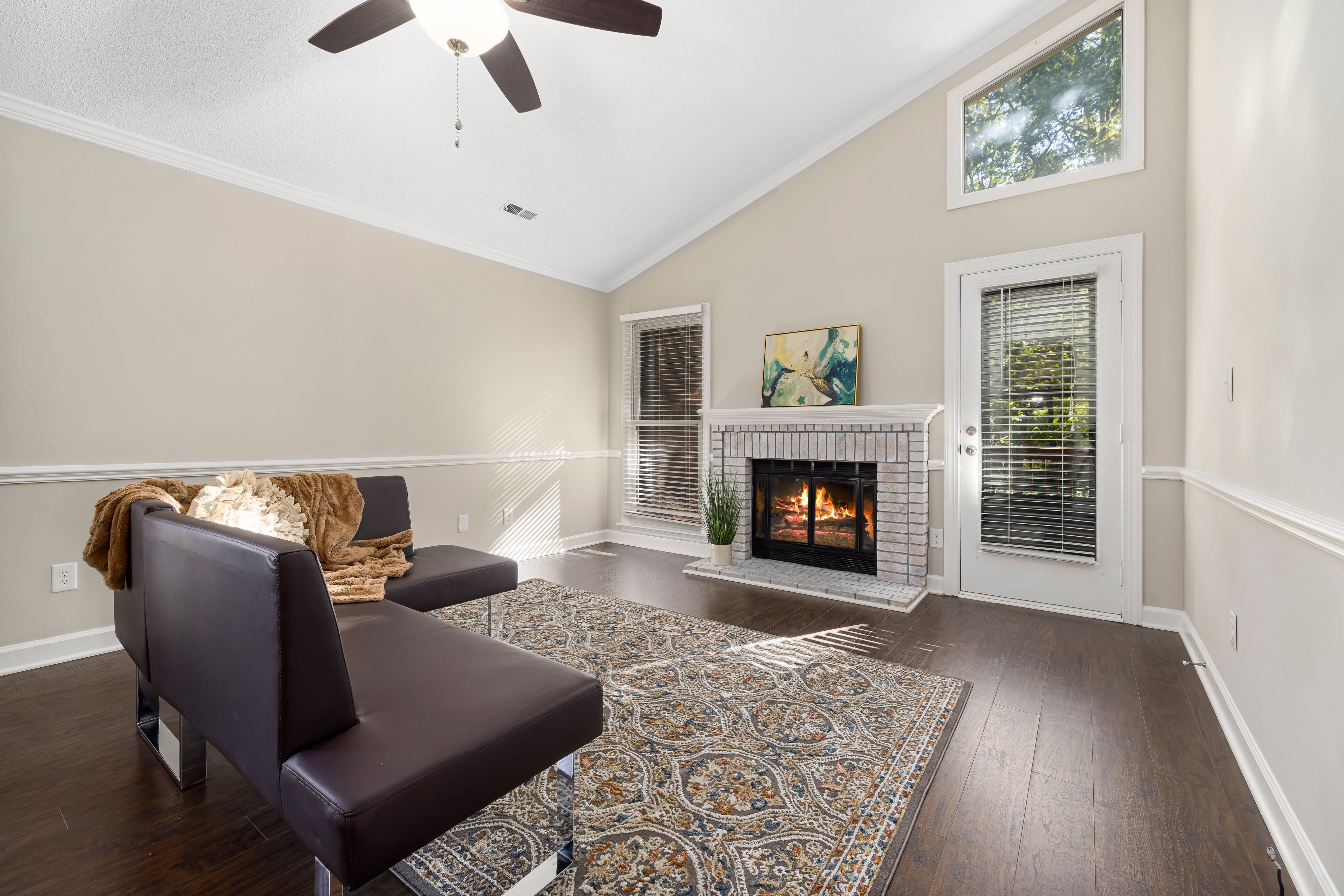Flooring is a crucial element in defining the aesthetics and functionality of any space. When it comes to hardwood flooring, the choice between engineered and solid hardwood often leaves homeowners in a dilemma.
Both options boast unique characteristics, offering beauty and durability in their own ways. Understanding their differences and benefits is key to making an informed decision that aligns with your lifestyle, preferences, and the specific needs of your space.
What is engineered hardwood?
Engineered hardwood flooring comprises multiple layers of wood veneers glued together to form a durable, stable plank. Its construction involves a top layer of real hardwood and underlying layers typically made of plywood or high-density fiberboard (HDF). This composition grants it exceptional stability, making it less susceptible to contraction and expansion caused by humidity and temperature changes compared to solid hardwood.
Advantages of engineered hardwood
Moisture Resistance: Engineered hardwood's layered structure renders it more resistant to moisture. It performs admirably in areas prone to humidity, such as basements or regions with varying climates.Versatility: Its stability allows installation in diverse settings, including below-grade rooms and over radiant heating systems, where solid hardwood might not be suitable.
Environmentally Friendly: Utilizing less hardwood in its construction, engineered flooring tends to be more sustainable, making it an eco-conscious choice.
Exploring solid hardwood flooring
Solid hardwood flooring is crafted from a single piece of timber, offering a classic, traditional aesthetic. Its thickness allows for refinishing multiple times throughout its lifespan, ensuring longevity and maintaining its appeal for decades.
Advantages of solid hardwood
Authenticity and Longevity: Solid hardwood exudes authenticity and timelessness. Its thickness permits refinishing, extending its life and appearance.Enhanced Property Value: The prestige associated with solid hardwood often enhances a property's value, making it an investment that pays off in the long term.
Customization: With solid hardwood, homeowners have the liberty to customize the finish and stain according to their preferences, ensuring a unique touch to their flooring.
Determining the right choice
Location: Assess the environment where the flooring will be installed. For moisture-prone areas or spaces with fluctuating temperatures, engineered hardwood might be the more practical option.Lifestyle and Maintenance: Consider your lifestyle, foot traffic, and maintenance preferences. Solid hardwood allows for refinishing, but engineered hardwood might require less maintenance in specific conditions.
Aesthetic Preferences: The desired look and feel play a crucial role. Solid hardwood often appeals to those seeking an authentic, traditional appearance, while engineered hardwood offers versatility in style.
Visit our showroom in Rye, NY for a wide selection of hardwood floors
Choosing between engineered and solid hardwood flooring involves considering various aspects, including durability, aesthetics, and environmental factors. While solid hardwood exudes authenticity and allows for multiple refinishing, engineered hardwood offers enhanced stability and moisture resistance, catering to diverse environmental conditions. By assessing your specific requirements and preferences, you can make an informed decision that complements your lifestyle and elevates the ambiance of your space.






